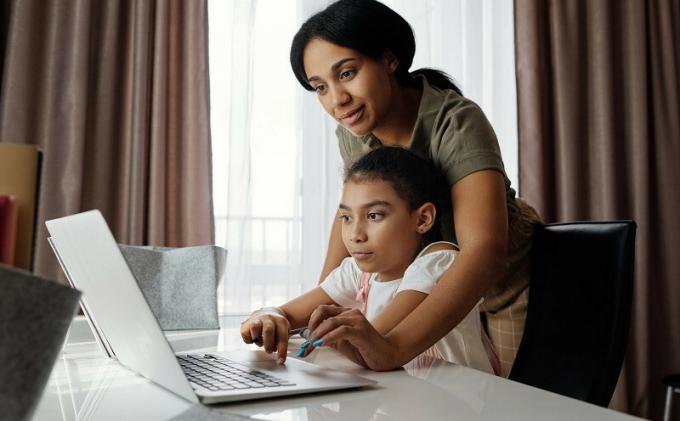And in summer... Do we do homework?
We are already immersed in full school holidays, and some of our sons and daughters are faced with the reality of reconciling the circumstances of conciliation of their parents, live new experiences in summer camps, return to town with grandparents and / or relatives and enjoy in one way or another that well-deserved break.
And before all this, we also find that, sometimes, from school they send them "homework" or "homework" to "review" during the summer and in others, We think as parents that it can be good for them to have those moments of review if they have not proposed since school.
But... they are needed? How can we manage these moments? Let's take a closer look at these two realities.
- Related article: "10 tips to study better and efficiently"
Tackling homework on summer break
If from the school they have been asked to carry out these tasks, we will have to consider where that request comes from.
Is it a non-mandatory request? Great
If it's just about an entertainment proposal and from a more playful point of view
, then it will be easier to make and plan those moments with our sons and daughters.We can see with them what is proposed to them, plan when and what days we can do it, specify the possible needs that may arise. The aids or what they may want to do first.
We can put all of this on a calendar of holidays where specify what they are going to spend time on each day while we adults are working and when we return what time we will spend together.
We can specify when or from what day it will be when we start with these non-mandatory tasks and with the vision and premise of not being something tedious for them, reducing demands and expectations since they and they are on vacation and it is logical that they do not feel like doing that type of task.
Sure, if we turn it into a time to share with the family, it will be much easier for them to access and do it with pleasure.
In the case of a mandatory request with a subsequent review by the teacher, the first thing that perhaps we should consider, would be to know why of this obligation.

- You may be interested in: "The 13 types of learning: what are they?"
Is it a general request to all class students or only to individual students?
Does my son / daughter need this review to resume the next year with strength? If there is no apparent reason for that request, we should try to manage those times of duties and / or tasks in such a way that we can make our children feel that they are part of those decisions and that at home the requirement is reduced, although we explain the obligation on the part of the tutor.
- Inform minors of what is being asked of them and what is expected of them.
- Agree with them the times of dedication to carry out the tasks.
- Agree on the days on which they will perform the tasks.
- Specify everything agreed on in a calendar.
- Be flexible with them. They are on vacation. They need to rest, relax, play, entertain... Tasks can take a backseat on many occasions.
Finally, it is important to reduce the demand, with them and with ourselves. Sometimes we are not aware that our own adult demand we transfer to children, and it is necessary to relativize with them at this time. If they don't have everything done in September, surely nothing will happen. Above all, if they receive an explanation from the parents.
And although everything explained above can be applied in the event that we know that our son / daughter could benefit from maintaining that routine, we, like their family, too we know what your interests are and those tasks, activities, games that can help you maintain these learnings, and even expand them, without it being necessary for them to be explicitly those exposed by the school, so for us, the most important thing would be the last point described above.
- You may be interested in: "Child therapy: what is it and what are its benefits"
Concluding
Let us reduce our own demand and the demand imposed on them and promote moments, moments and daily routines of learning, of discoveries, new experiences, new interactions, new trips, that can give and contribute as much or more than those tasks schoolchildren.
Let's explain to the teachers and teachers around the corner. They will surely understand and share it.
Author: Irene de la Granja Muñoz, Teacher in Special Education, Master in Psychopedagogy and member of the TAP Center.

